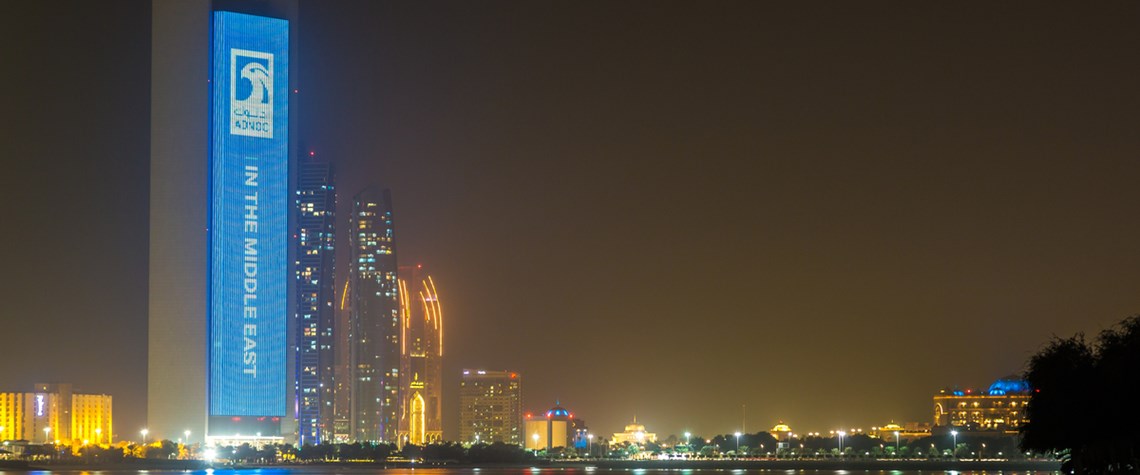Adnoc bucks trend for upstream restraint
The Emirati heavyweight is doubling down on capacity expansion
The story of Abu Dhabi’s state-owned Adnoc over the past year has, on a day-to-day basis, been little different to those of other major hydrocarbon producers worldwide—characterised by sharp spending cuts and project delays on the back of the price crash triggered by the coronavirus pandemic. But 2020 was also marked by a bullishness around fossil fuels’ long-term prospects that was at odds with global trends and the UAE federal government’s well-publicised clean energy drive. Just weeks after April’s oil market nadir, the company committed to a goal of raising crude production capacity by 25pc, to 5mn bl/d by 2030. And, in November, it adopted a $122bn five-year capex programme to both help

Also in this section
17 February 2026
The 25th WPC Energy Congress, taking place in Riyadh, Saudi Arabia from 26–30 April 2026, will bring together leaders from the political, industrial, financial and technology sectors under the unifying theme “Pathways to an Energy Future for All”
17 February 2026
Siemens Energy has been active in the Kingdom for nearly a century, evolving over that time from a project-based foreign supplier to a locally operating multi-national company with its own domestic supply chain and workforce
17 February 2026
Eni’s chief operating officer for global natural resources, Guido Brusco, takes stock of the company’s key achievements over the past year, and what differentiates its strategy from those of its peers in the LNG sector and beyond
16 February 2026
As the third wave of global LNG arrives, Wood Mackenzie’s director for Europe gas and LNG, Tom Marzec-Manser, discusses with Petroleum Economist the outlook for Europe’s gas market in 2026







